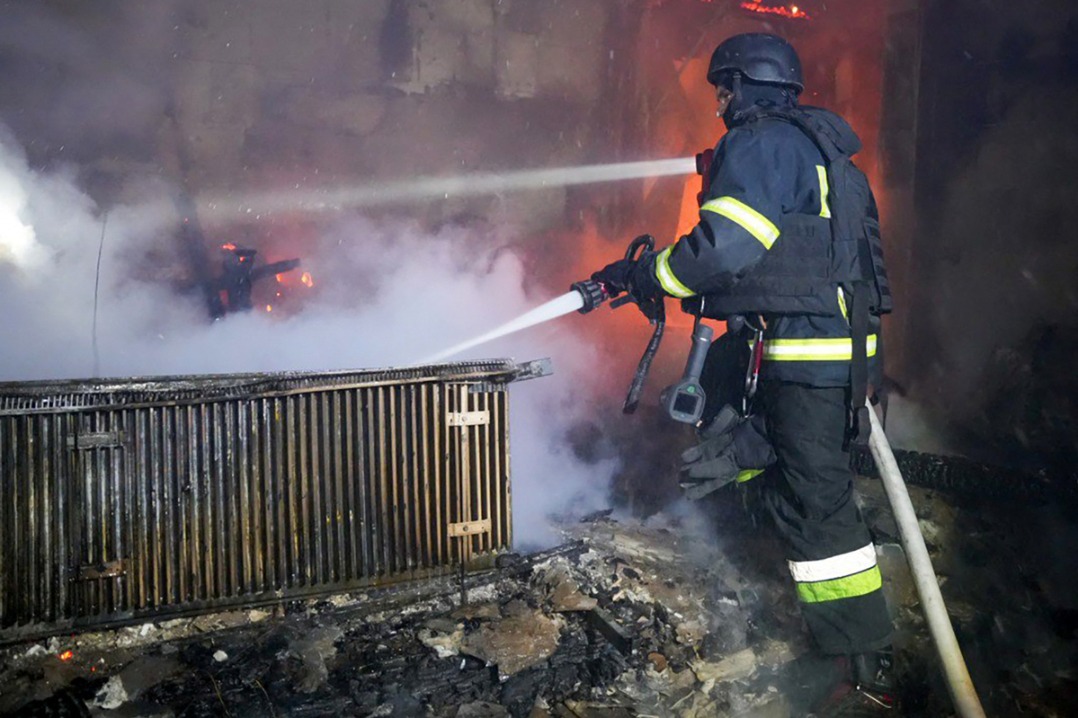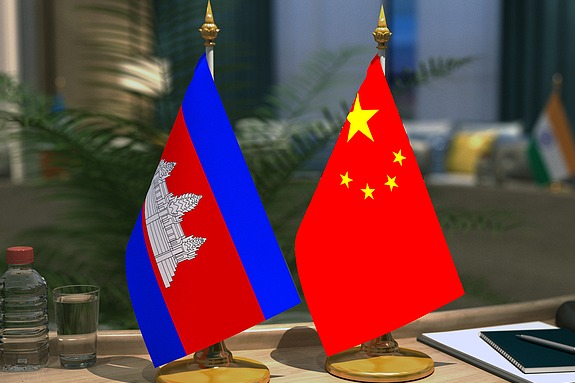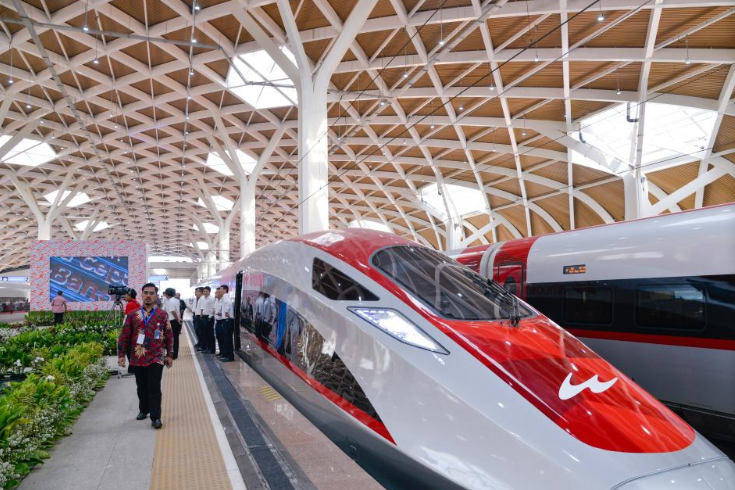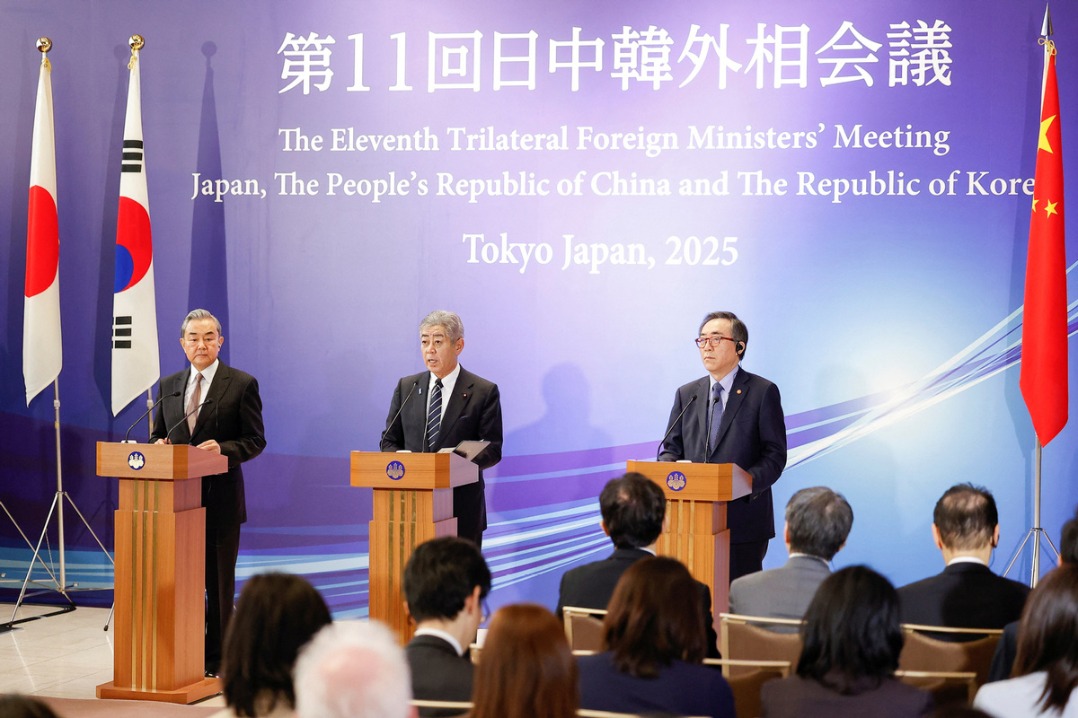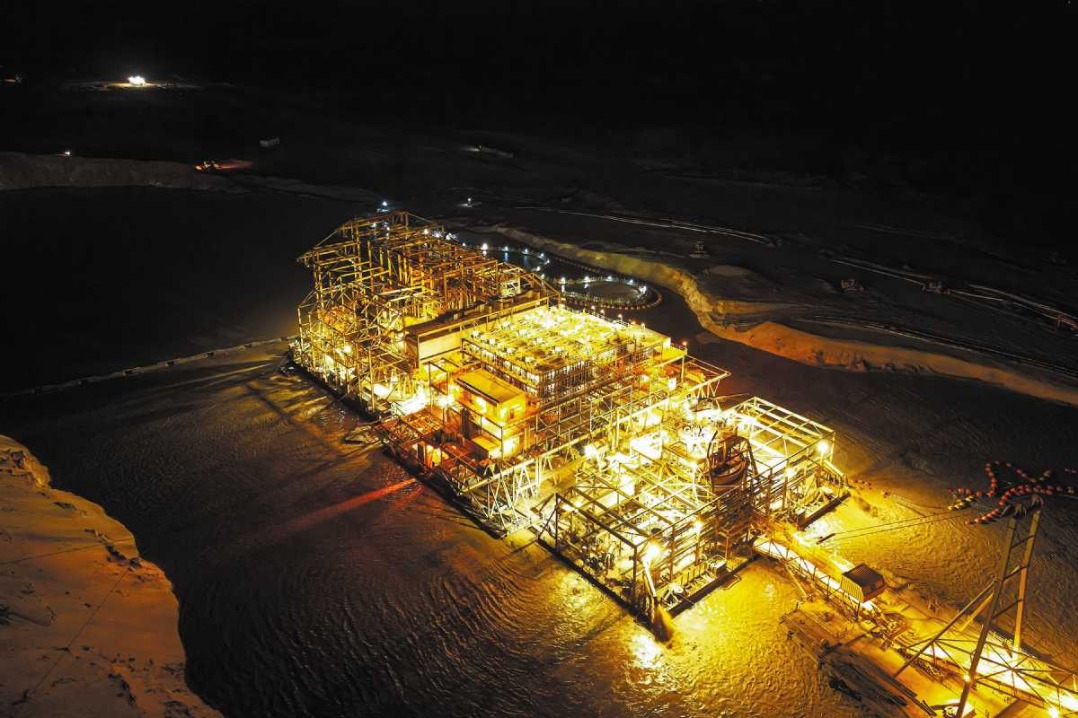Autonomy key for Europe amid crisis

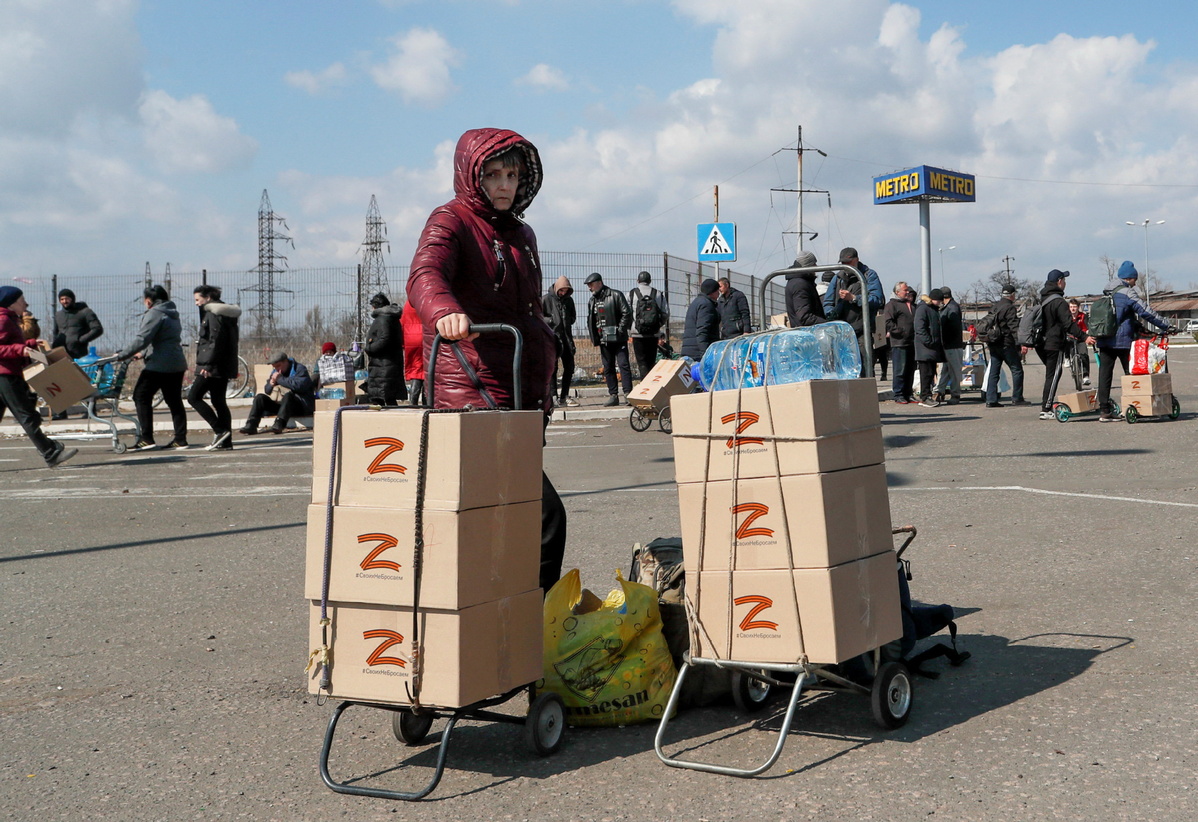
Beijing highlights need to step up efforts to build continent's security framework
Editor's Note: China Daily presents a series of analyses to make readers around the world better understand the how and why behind China's views and decisions on the Ukraine situation. This is the third installment of the series.
As the Ukraine crisis and its impact loom large, an increasing number of European policy insiders are discussing the region's strategic autonomy, a decades-old concept aiming to boost its independence from outsiders in shaping its own security, diplomatic and economic policy.
China has voiced consistent support in recent years for Europe's pursuit of greater strategic autonomy, and Beijing recently has highlighted the urgency of stepping up such efforts and building the region's security framework.
The concept of European strategic autonomy nowadays covers a wide range of areas such as security, economy, diplomacy, digitalization and climate change, but security now stands out as the weakest link, officials and analysts said.
Europe will see its independent role further compromised by geopolitical confrontation if the region fails to draw lessons from the current dilemma and reshape its interaction with the United States and NATO, they added.
"Since the end of World War II, European countries have been overly dependent on the US and NATO in areas such as security and defense, and in the face of current crisis, all nations should decide their position with a cool head and great prudence," said Feng Zhongping, director of the Chinese Academy of Social Sciences' Institute of European Studies.
"Although they have realized that they cannot rely too much on Washington, they have failed to reach consensus on topics such as defense and common security, not to mention building an effective security framework," Feng said.
During a virtual summit with French and German leaders on March 8, President Xi Jinping said China supports the two countries in promoting a balanced, effective and sustainable European security framework in the interests of the lasting security of Europe, and by upholding its strategic autonomy.
"China, for its part, has always supported European integration, supported an EU with greater unity and prosperity, and supported European strategic autonomy," Wang Hongjian, charge d'affaires ad interim of the Chinese mission to the EU, wrote in a signed article on March 31.
Observers noted that there is still divergence among European countries over strategic autonomy-countries such as France and Germany support the concept while some Eastern European countries disagree amid concerns they may lose defensive support from the US.
Behind Europe proposing this concept is the fact that it has long been framed by regional countries' alliances with the US, and it faced coercion, had to sacrifice some interests by giving up autonomy and suffered heavy losses in economy, diplomacy and security in past decades, experts said.
"Washington has succeeded in using the Ukraine crisis to gather European countries around it and boost unity among them, which undermines the continent's efforts in seeking strategic autonomy", said Zuo Xiying, a professor at the School of International Studies of Renmin University of China in Beijing.
"In the long run, Europe may boost its independent role to some extent after the current conflict is settled," Zuo said.
Building a framework
In the past month, Beijing has been underscoring the concept that "security is indivisible" in various international venues, calling for a balanced approach that takes into account the security concerns of various countries in Europe, and Russia.
This concept is key to building a balanced, effective and sustainable regional security framework that is currently not in place, analysts said.
At a virtual meeting with EU leaders on Friday evening, President Xi noted that Beijing advocates the vision of common, comprehensive, cooperative and sustainable security, and he said that a fundamental solution to the Ukraine crisis would accommodate the legitimate security concerns of all related parties.
Global and regional security frameworks should no longer be built based on a Cold War mentality, and China supports Europe, Russia, the US and NATO in holding dialogue to face up to the tensions that have built up over the years and find solutions, in order to build a balanced, effective and sustainable security framework in Europe, Xi said.
Dong Chunling, a research fellow on American studies at the China Institutes of Contemporary International Relations, noted that in the current Ukraine crisis, "countries involved focus on their own security rather than common security, which has led to a vicious circle in which each party seeks security but ends up with insecurity".
Washington has been pushing forward NATO's expansion since the end of the Cold War to contain Russia's rise and has pushed Russia into a corner, Dong noted.
"As a result, Europe's ability to pursue its strategic autonomy has been limited remarkably, and a stable European security framework has yet to be established," he added.
China's vision of common, comprehensive, cooperative and sustainable security, as advocated by President Xi, "offers Chinese wisdom for cracking the current security dilemma and shoring up sustained global security governance", Dong said.
In terms of Europe's security, "the pursuit of absolute security leads to absolute insecurity, and the 'law of the jungle' seeking winner-takes-all will only sow the seeds for greater conflict", Chinese Ambassador to Greece Xiao Junzheng told local television on March 17.
Wang Yiwei, director of the Center for European Union Studies at Renmin University of China, noted that NATO has expanded five times and sabotaged Europe's security framework, leading to the tragedy in Ukraine, the refugee crisis and division in the European continent.
"From China's point of view, Europe's security should eventually be settled by the Europeans themselves, and the continent's security should not target or bypass Moscow also," Wang said.
















